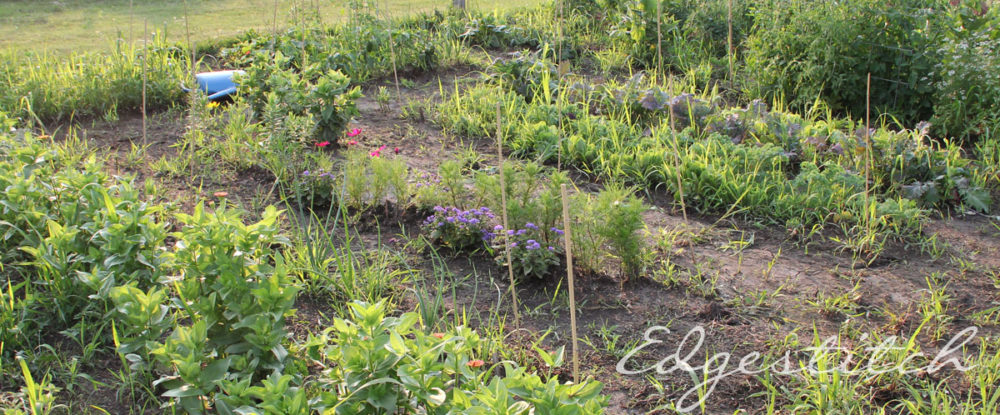I’m including a link to the full 2913 page report. Feel free to take a look. Over the next few weeks I will be reading the entire report, taking notes and including them here.
Read the full report.
The report makes a point of saying that policy and mitigating actions will require trade-offs and the way to make decisions about trade-offs is by prioritizing. For instance, when city centers reduce or ban vehicles, it will provide less congestion and pollution. the trade-off is mobility and choice. But when we prioritize clean air, and a walking-centric city, the choice becomes easier and clearer. The idea is that policies help, but we also need the aspirations to be “rooted in the development aspirations of the economy and society.”
5 Scenarios of Illustrative Mitigation Pathways (IMPs)
–Follow current policies and actions. We will miss 1.5C.
–We do more to limit GHG and make it less challenging to limit to 2C.
–Tie peak warming to net zero emissions, and only worry about the cumulative effects.
–Rapid reduction in methane, across the board can keep us in the 2C range.
–Net zero GHG is reached 10-20 years after net zero CO2.

Bottom line: “Mitigation pathways that limit warming to 1.5-2C involve deep, rapid and sustained emissions reductions.” But it can be achieved in different ways.
—Pathways likely limiting warming to 1.5-2 involve substantial reductions in fossil fuel consumption and near elimination of coal use.”
–-We must electrify “buildings, transport and industry, consequently all pathways entail increased electricity generation.
–-We will “require some amount of carbon dioxide removal (CDR) to compensate for residual GHG emissions.”
–-We must demand less energy.
–-Shift energy investments “away from fossil fuels to low-carbon technologies.”
–Rapid near-term transitions and up-front costs are required but will bring long-term gains.
–Global GDP will fall up to 4.2% (not counting the benefits of avoiding climate change.)
I don’t like to end a post with just the brutal facts…which they ARE brutal. But we are not past the point of no return. We can still fix this.
Here are a few things you can do, based on today’s info:
Drive less. I know this is hard. You have to go to work, get groceries etc. But we have creative minds. Combine trips, stay home when you can. Use your bike, if you’re young or young at heart. I intend to do small grocery runs on my bike this summer.
Eat less. I was attending a webinar once where the ecologist mentioned this and I was appalled. Never mind that I have been dieting all my life. Never mind that I need to lose a few pounds. How dare anyone insinuate we need to eat less? Except it’s true. Especially in the US. And if you are thin as a rail and already don’t eat much, then just eat less beef. It’s the worst.
Vote for climate candidates. I will add this to any action plan. Every time.
Change your mind. This means always thinking about your priorities. Like the walking-only city mentioned above, setting priorities is the first step to making changes. It’s a journey we’re all on together. No despair, friends! Knowledge is power, not paralyzing.
We can do this.

